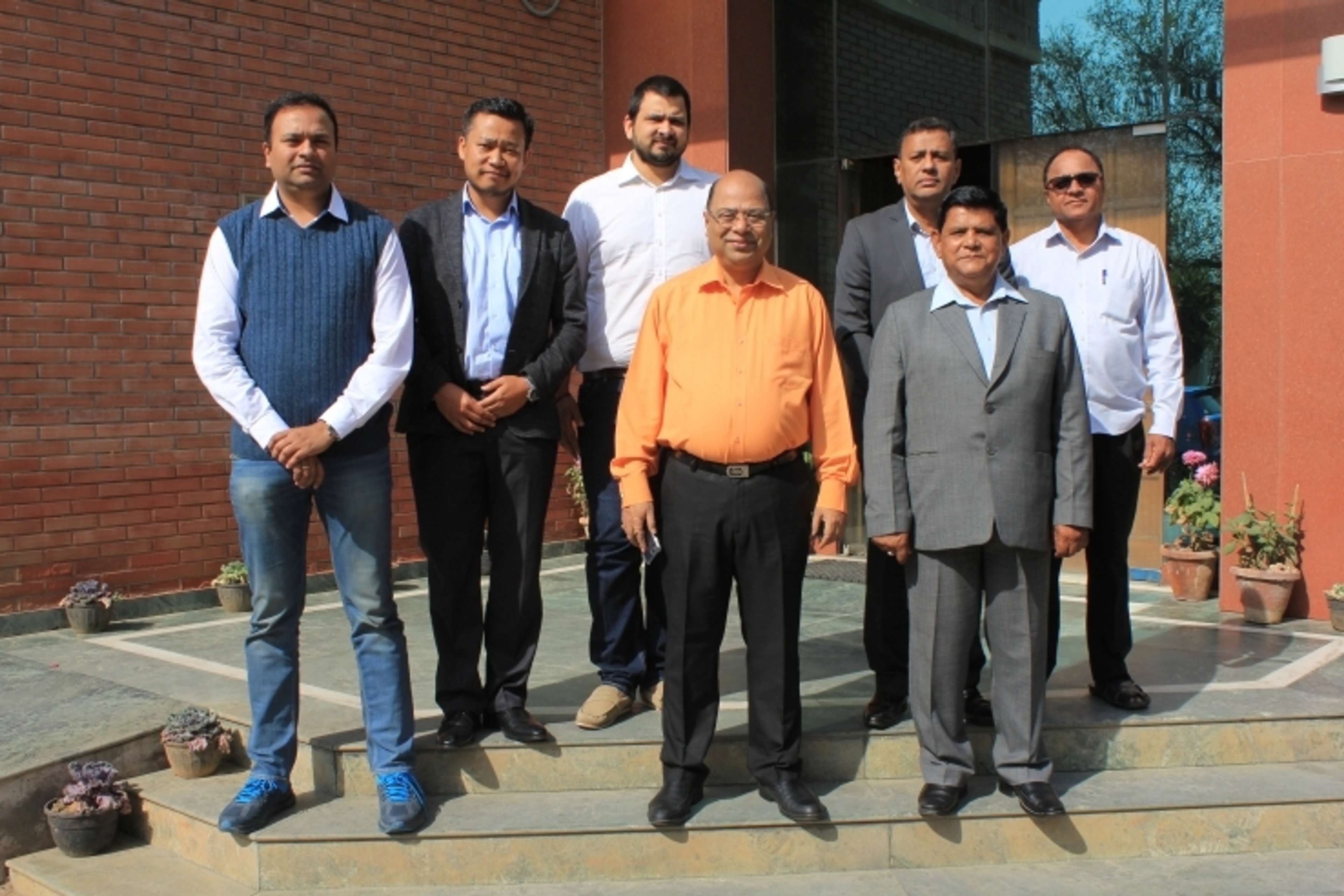The first ever edition of the Super Cup shall see the involvement of teams from two different competitions – the I-League, which is officially India’s premier competition and the Indian Super League (ISL).
The winner of the I-League gets an opportunity to ply their trade in the AFC Champions League play-offs and should they fail to make the cut, they get a direct entry into the AFC Cup group stages. For the ISL, the champions would have to go through the play-offs and then earn a berth into the AFC Cup’s clusters.
Now the number of foreign players registered for each of the two leagues are different. The I-League teams can register six foreign players and allow five on the field of play at a given time. Meanwhile, the ISL clubs can register eight with at least five allowed on the pitch.
While the I-League has made it mandatory for the clubs to sign at least two Asians out of the six they register, the ISL doesn’t have any such rule per say. Among the ISL clubs, only Bengaluru FC have an Asian player in their ranks as they are participating in the continental competition.
With the Super Cup set to kick-off next month, there is no certainty over the number of foreign players to be registered for the tournament.

Even after months of discussion over the Super Cup, when the All India Football Federation’s (AIFF) League Committee met in Delhi on Monday, the statement which came out was: “The number of foreign players to be registered for the Super Cup was discussed and a final decision will be taken after a final discussion with all stakeholders.”
Competition rules have to be same for every participant. It has to be a level playing field. You cannot have I-League teams registering six foreigners and having five on the field of play in the Super Cup while the ISL clubs are being given a free hand of allow eight players to be listed.
In a sane and fair world, there shouldn’t be any debate on this matter in any case. The fact that the matter is still not decided suggests otherwise.




.jpg?auto=webp&format=pjpg&width=640&quality=60)